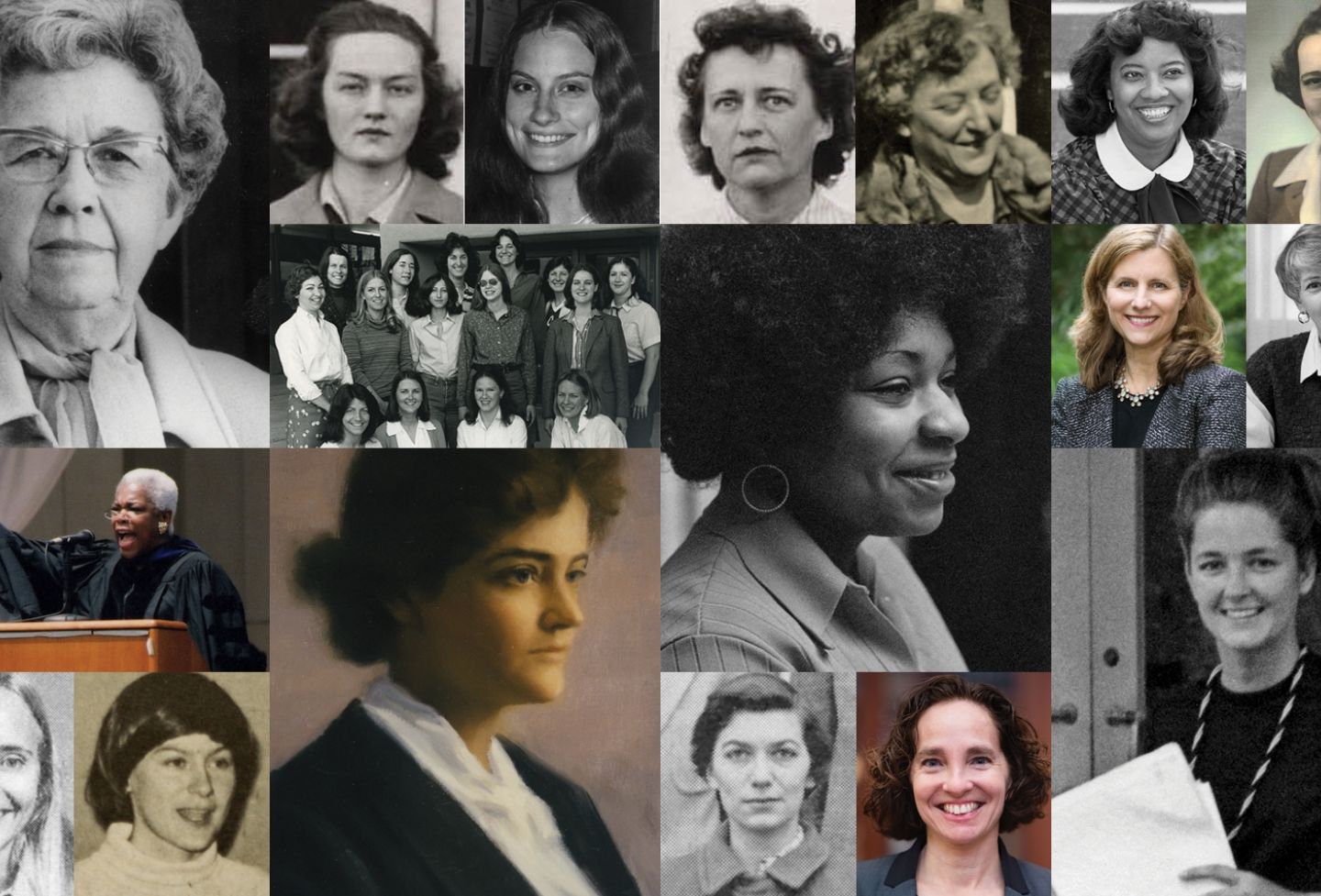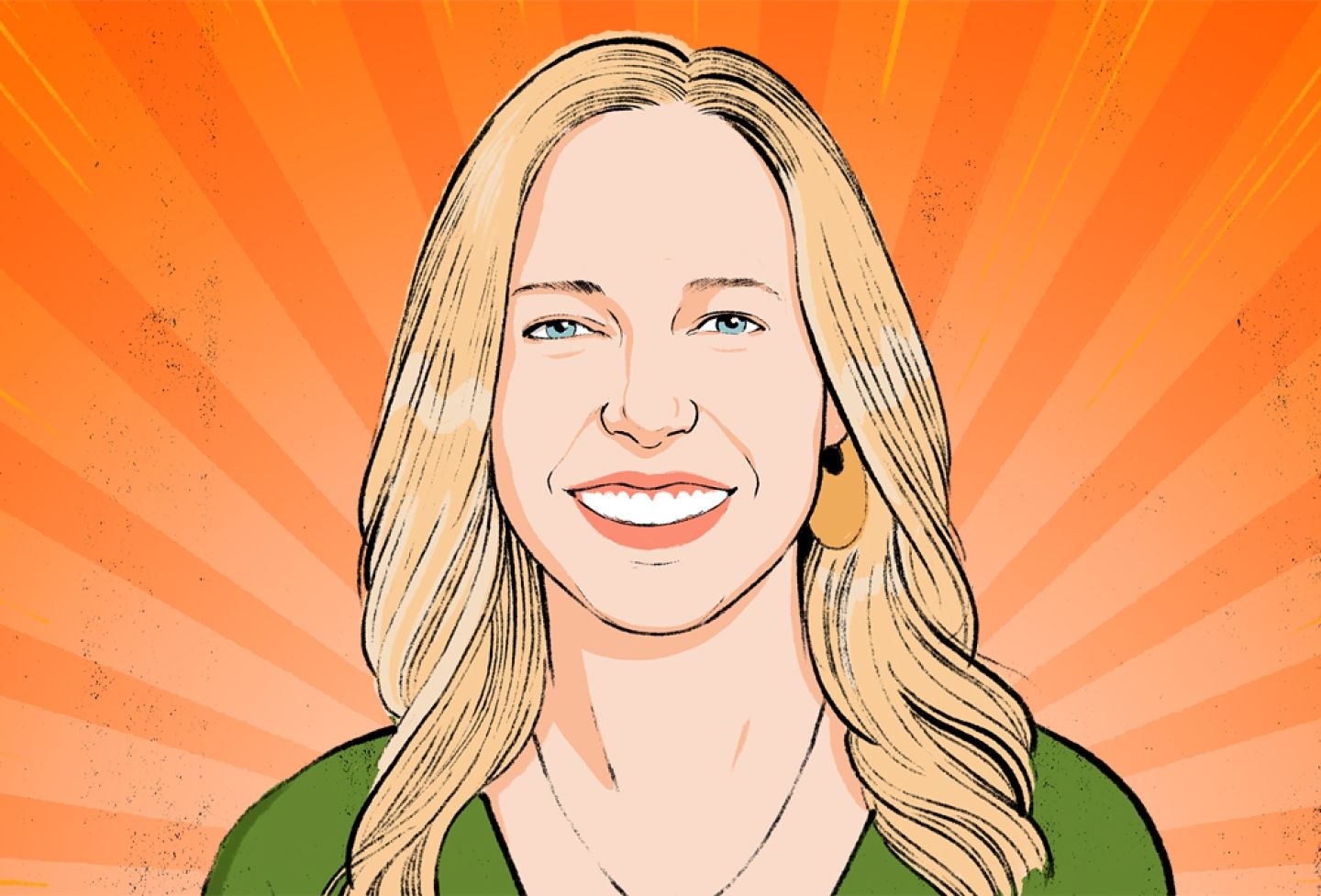From her base in Washington, D.C., and through her travels abroad, Mary Ellen Powers oversees Jones Day’s 10 offices in Europe, in addition to representing clients in high-stakes litigation.
In her 39 years at the firm, she has represented clients in complex civil litigation and high-profile criminal, regulatory and congressional investigations.
Why did you decide to become a lawyer?
I never met a lawyer until I went to law school. But in a seventh-grade class, we had a disciplinary system that involved students acting as prosecutors, defense lawyers and judges. We didn’t know any better, so we called it a kangaroo court. In retrospect, it was. But I was the prosecutor and thought it was great fun. I decided then that I wanted to go to law school. It was a brilliant but not particularly well-informed decision.
You’ve been involved in high-stakes litigation. Could you talk about a difficult case and how it played out?
As an example of how serendipity and luck can play a role in your career: In the late 1990s, I began overseeing IBM’s defense in dozens of related toxic tort cases pending on both coasts. A five-month bellwether trial was scheduled in San Jose, and the trial team included the firm’s top trial lawyer and a senior California litigator. The California lawyer had a medical emergency two weeks before trial, and I replaced him at the last minute. It was a high-profile case with an intense schedule and daily media scrutiny, but we had a great team — some of whom I met in person for the first time when I arrived in San Jose — and we won a unanimous jury verdict. It was an incredibly rewarding professional opportunity, and it opened doors I could not have imagined.
What words of advice would you have for future litigators?
Know the record cold. Be prepared for anything. Make friends with the court personnel. Treat opponents with respect in the courtroom. Be yourself. Leave legal lingo and affectations at the courthouse door.
What advice do you pass on to junior lawyers in general?
Again, be yourself. Don’t sweat the small stuff. Keep your sense of humor. Don’t make precipitous career decisions because you’ve had a bad month, but if you don’t really love what you do, find something else.
What do you like about your career?
Being a lawyer has been a great education about the world. I’ve been blessed to work for clients and with colleagues on matters all around the globe. What I understand about issues and events doesn’t just come from books or the media. It also comes from being on the ground and hearing the perspectives of people with firsthand experience. For better or for worse, I’ve had the chance to see other legal systems in action, which has been a fascinating learning experience. And maybe best of all are the many wonderful friendships I’ve had the chance to develop abroad.
What’s an example of an adventure you’ve had abroad?
A number of years ago I was invited by a Saudi client to give a talk at a law school that had just opened up for women in Saudi Arabia. There was a very impressive group of ambitious, smart, talented women who had a view of where they wanted to go in life and in their careers that was completely at odds with the media portrayal of the role of women in Saudi Arabia.
Now there are and were a lot of problems in Saudi Arabia — I don’t mean to minimize it. But it was really an eye-opener to see how, even with all the cultural barriers, you could produce a generation of women with that level of talent and energy and ambition. Those are the kinds of insights that you can’t get by reading books.
What do you think took you from lawyer to leader?
The view at Jones Day is that the firm can never have enough leaders. We want all of our lawyers to lead by example, to take ownership, to solve problems and to make themselves indispensable on whatever client or firm matter they’re working on. You can do all of that without a title. But doing well on the smaller things can lead to opportunities to take on formal leadership roles. I worked with lawyers who gave me opportunities, both as an associate and as a young partner, to take on increasingly significant leadership roles in cases and in firm management. And I guess the rest is history.
More ‘From Lawyer to Leader’ Stories
- Sarah Baker ’04, president and executive director, We The Action
- Nancy L. Buc ’69, former chief counsel, FDA
- Elissa Cadish ’89, justice, Supreme Court of Nevada
- Terrica Ganzy ’02, deputy director, Southern Center for Human Rights
- Barbara Jeremiah ’77, former executive vice president, ALCOA
- Jennifer McClellan ’97, Virginia state senator
- Catharina Min ’90, partner, Covington & Burling
- Susan W. Murley ’86, co-managing partner, WilmerHale
- Heather Podesta ’97, founder and CEO, Invariant



